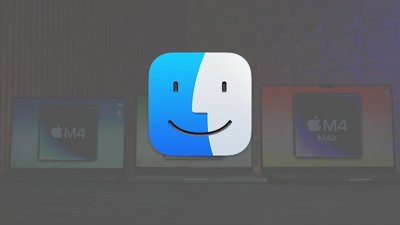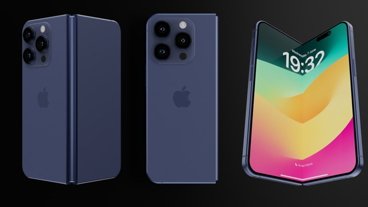Update: "We are pleased with today's favorable outcome for Motorola Mobility," Scott Offer, senior vice president and general counsel of Motorola Mobility, said in a statement. "Motorola Mobility has worked hard over the years to develop technology and build an industry-leading intellectual property portfolio. We are proud to leverage this broad and deep portfolio to create differentiated innovations that enhance the user experience."
The ITC's preliminary decision on Friday, which must still be passed by the entire six-members of the commission, brings an end to a complaint first filed in October 2010 by Apple that alleged Motorola violated several of the iPhone maker's patents, reports CNET.
In the original complaint, Apple said that Motorola's Droid, Droid 2, Droid X and other smartphones and software infringed on certain existing multitouch patents.
If the Cupertino, Calif., company won the case, Motorola would have suffered a product import ban similar to Samsung's German injunction. The decision was initially planned for November 2011, but the ITC pushed back the date saying that a final ruling would be announced in March.
Motorola's win may give Google a direct advantage in the future, however, as the internet search giant is in the midst of buying the once-dominating phone maker. The company recently won an injunction against 3G-capable iPhones and iPads in Germany based on an essential GPRS patent, which will force Apple to either modify its hardware or remove the feature altogether.
The news is the latest development in an ongoing war between Apple and smartphone manufacturers building handsets running Google's Android OS. A recent report said that the litigation can be seen as a potential windfall for Apple as royalties and licensing fees could possibly equate to unprecedented earnings.
 Mikey Campbell
Mikey Campbell







 Malcolm Owen
Malcolm Owen

 Amber Neely
Amber Neely
 Christine McKee
Christine McKee


 William Gallagher
William Gallagher
 Chip Loder
Chip Loder


-m.jpg)






30 Comments
Which patents were these, again? It's impossible to keep track.
Which patents were these, again? It's impossible to keep track.
haha, this. I honestly can't remember either.
Hopefully we'll see less of this this year. It got really old really fast.
For the record, anyone know if there have been any "patent violations" between WP7 devices and the iphones?
<< The company recently won an injunction against 3G-capable iPhones and iPads in Germany based on an essential GPRS patent, which will force Apple to either modify its hardware or remove the feature altogether. >>
who writes this stuff? this is an ESSENTIAL PATENT. do you know what that means? it means that to avoid a anti-trust suit the patent is granted but cannot be blocked from being used in a fair manner at a fair price. they do not have to change anything. the injuction is meaningless which is why Motorola has not enforced it and why Apple did not even show up for the trial.
come on if you want to short apple stock, go to work for some one else and not fee false information to the public. i count on apple insider to not be android bias and anti-Apple
<< The company recently won an injunction against 3G-capable iPhones and iPads in Germany based on an essential GPRS patent, which will force Apple to either modify its hardware or remove the feature altogether. >>
who writes this stuff? this is an ESSENTIAL PATENT. do you know what that means? it means that to avoid a anti-trust suit the patent is granted but cannot be blocked from being used in a fair manner at a fair price. they do not have to change anything. the injuction is meaningless which is why Motorola has not enforced it and why Apple did not even show up for the trial.
come on if you want to short apple stock, go to work for some one else and not fee false information to the public. i count on apple insider to not be android bias and anti-Apple
I'm sorry, but this article is far from anti-apple.
Is this about a specific group of patents or does it say Motorola doesn't violate any of iOS patents?